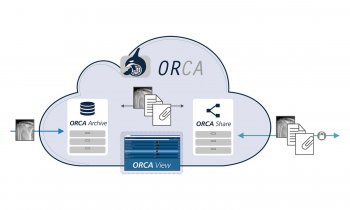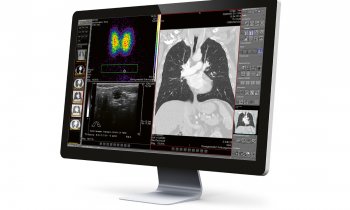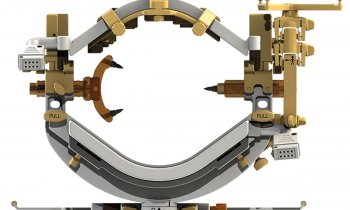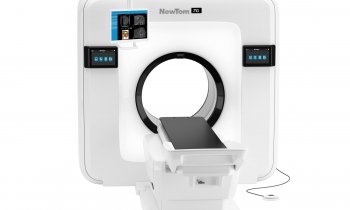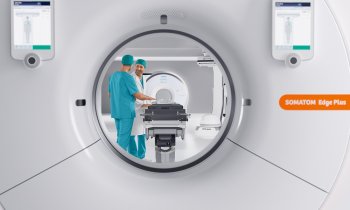R-Bay
A possible e-marketplace for buying and selling radiology services
Inequalities in radiology services across Europe may be levelled out due to R-Bay, a new project in which a consortium of hospitals and healthcare providers will create an e-marketplace to sell and buy radiological services like commodities.
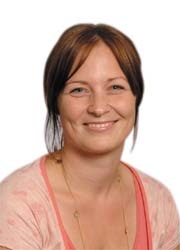
The aim is to draw together areas with a surplus of radiologists and services with those suffering a shortage of radiologists or specific expertise, via tele-radiology.
R-Bay, co-ordinated by MedCom International from southern Denmark, will enable the brokering and exchange of these services enabling the viewing and consulting of images across organisations, regions or nations. Trials and pilots of the initiative are currently being conducted at seven European hospitals, which are sending referrals and reports and evaluating the clinical service alongside the technical solution of the concept under real market conditions.
Project co-ordinator Janne Rasmussen, a consultant with MedCom, said that the concept of R-Bay sprang from a realisation that teleradiology could help overcome an imbalance in the spread of radiologists in Europe. ‘The idea is to utilise the extra capacity or expertise that exists in some places for the benefit of others in a simple set up and at competitive prices.’
The R-Bay consortium consists of 10 partners across seven countries, including Southern Denmark (Denmark); Carestream Health Limited (UK); Masaryk Memorial Cancer Institute (Czech Republic); University Medical Centre, Nijmegen (Netherlands); East-Tallinn Central Hospital (Estonia); The University Hospital of North Norway (Norway); Vilnius University Hospital (Lithuania); Oulu University Hospital (Finland); IMA s.r.o. (Czech Republic) and Maxwell Ltd (Finland).
It was initially created on the initiative of Carestream Health, the former Kodak health division, with partners selected on different areas of expertise. The key elements of R-Bay are eInterpretation, eProcessing, eArchive and eTraining. The portal also offers support services such as image storage, advanced processing tools such as 3-D, automated structured translation and training functionality, the contract, quality assurance and authentification of the providers, as well as facilitating the clinical and technical content.
If a hospital needs to outsource traditional X-rays due to a lack of internal capacity, it can locate different providers through the portal to meet those needs. Similarly, an excess of capacity can be marketed via R-Bay. A clinician can request a consultation using the eInterpretation solution, with relevant images displayed on the system for the consultation.
Launched in August 2007, the project budget of around two million euros, part-funded by the European Commission under the eTEN project; the partners fund the rest. It is not yet clear when R-Bay will be commercially operational. Janne Rasmussen pointed out that the pilots are still to validate the service from a clinical point of view. ‘Preliminary results indicate that the service is usable, reliable and secure,’ she added, but there is still room for improvement in terms of interoperability.
The pilots will continue until late 2008.
19.11.2008






